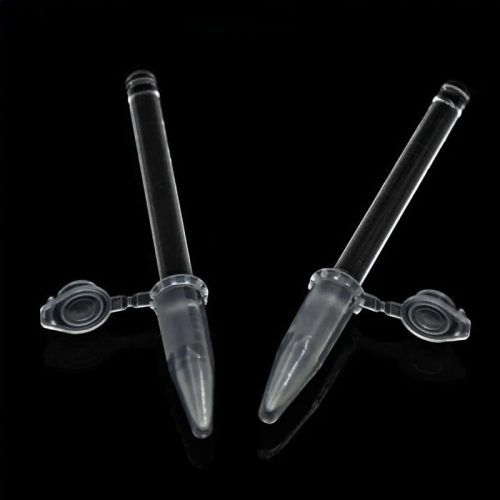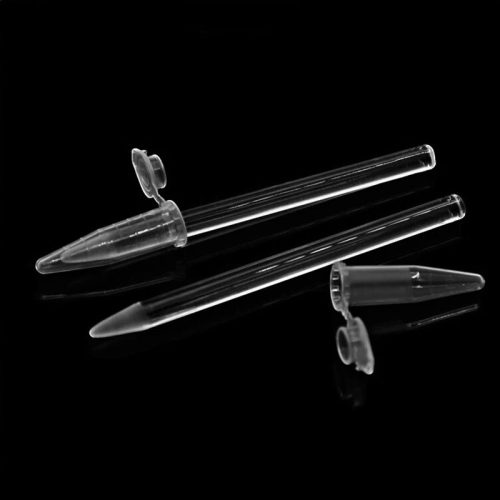In the world of scientific research, precision and reliability are paramount. Borosilicate glass tubing has emerged as a key player in laboratory settings, offering a range of advantages that contribute to successful experiments and analyses. In this article, we’ll explore the distinct benefits of using borosilicate glass tubing in the laboratory.
1. High Thermal Resistance
One of the standout advantages of borosilicate glass tubing is its remarkable resistance to high temperatures. It can withstand extreme heat, making it the perfect choice for experiments that require exposure to intense thermal conditions. Unlike regular glass, which may deform or shatter when subjected to high temperatures, borosilicate glass remains stable and intact.
2. Chemical Inertness
Borosilicate glass is highly resistant to chemical corrosion. This property is particularly valuable in laboratories where various acids, bases, and corrosive chemicals are frequently used. Researchers can conduct experiments without concern that the glassware will be compromised by the substances they work with, ensuring accurate and reliable results.
3. Thermal Shock Resistance
In laboratory work, temperature fluctuations are common. Borosilicate glass tubing excels in this regard, as it is resistant to thermal shock. It can endure sudden changes in temperature without breaking or cracking, ensuring the safety of researchers and the longevity of laboratory equipment.
4. Optical Clarity
Clear visibility is essential in laboratory settings, whether you’re observing chemical reactions, studying biological samples, or monitoring any other processes. Borosilicate glass tubing provides excellent optical clarity, enabling researchers to observe the contents of the glassware with precision and accuracy.
5. Durability and Longevity
Laboratory equipment often sees heavy use and undergoes frequent sterilization, cleaning, and reuse. Borosilicate glass tubing is known for its durability, ensuring a longer lifespan for your lab equipment. This longevity ultimately translates into cost savings for research institutions.
6. Safety Assurance
The high resistance to thermal shock and chemical corrosion makes borosilicate glass tubing a safer option in laboratories. Researchers can work confidently knowing that their glassware can endure challenging conditions without compromising their safety.
7. Versatility
Borosilicate glass tubing comes in various shapes and sizes, making it versatile for different laboratory applications. Whether you need test tubes, beakers, flasks, or specialized glassware, borosilicate glass can be tailored to your specific requirements.
In conclusion, borosilicate glass tubing is a laboratory workhorse, offering a range of advantages that enhance safety, precision, and durability in scientific research. Its resistance to high temperatures, chemical corrosion, and thermal shock, coupled with optical clarity, make it an invaluable asset in laboratory settings. Researchers rely on borosilicate glass tubing to provide the reliability needed for their experiments and analyses, making it an indispensable tool in the pursuit of scientific knowledge.


